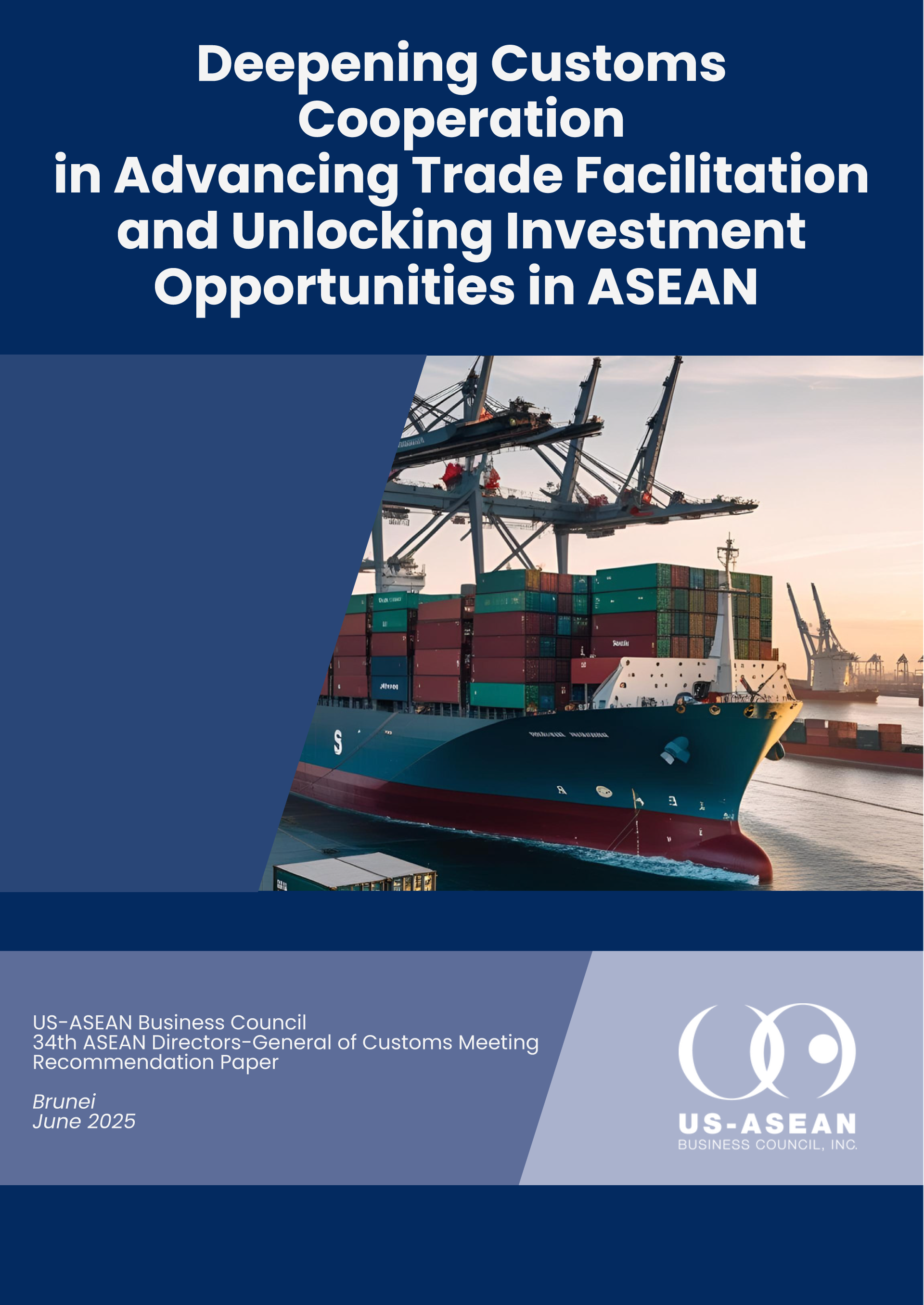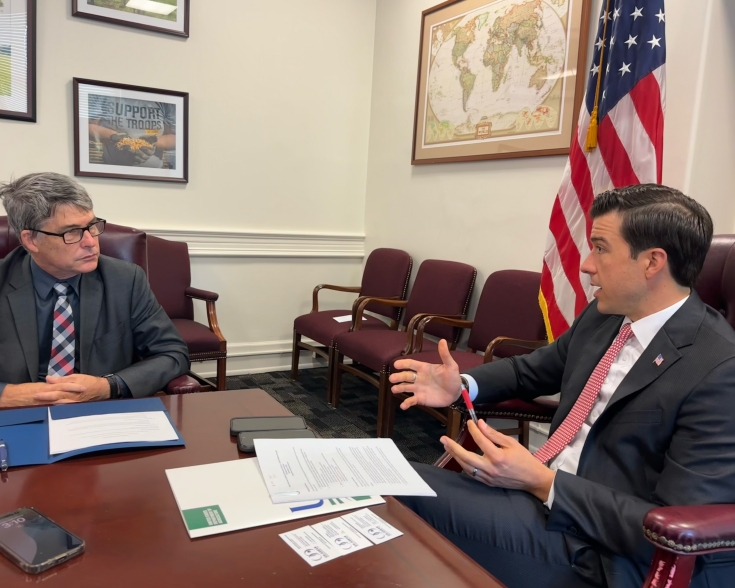The Marcos Administration Formally Launches the 2023-2028 Philippine Development Plan
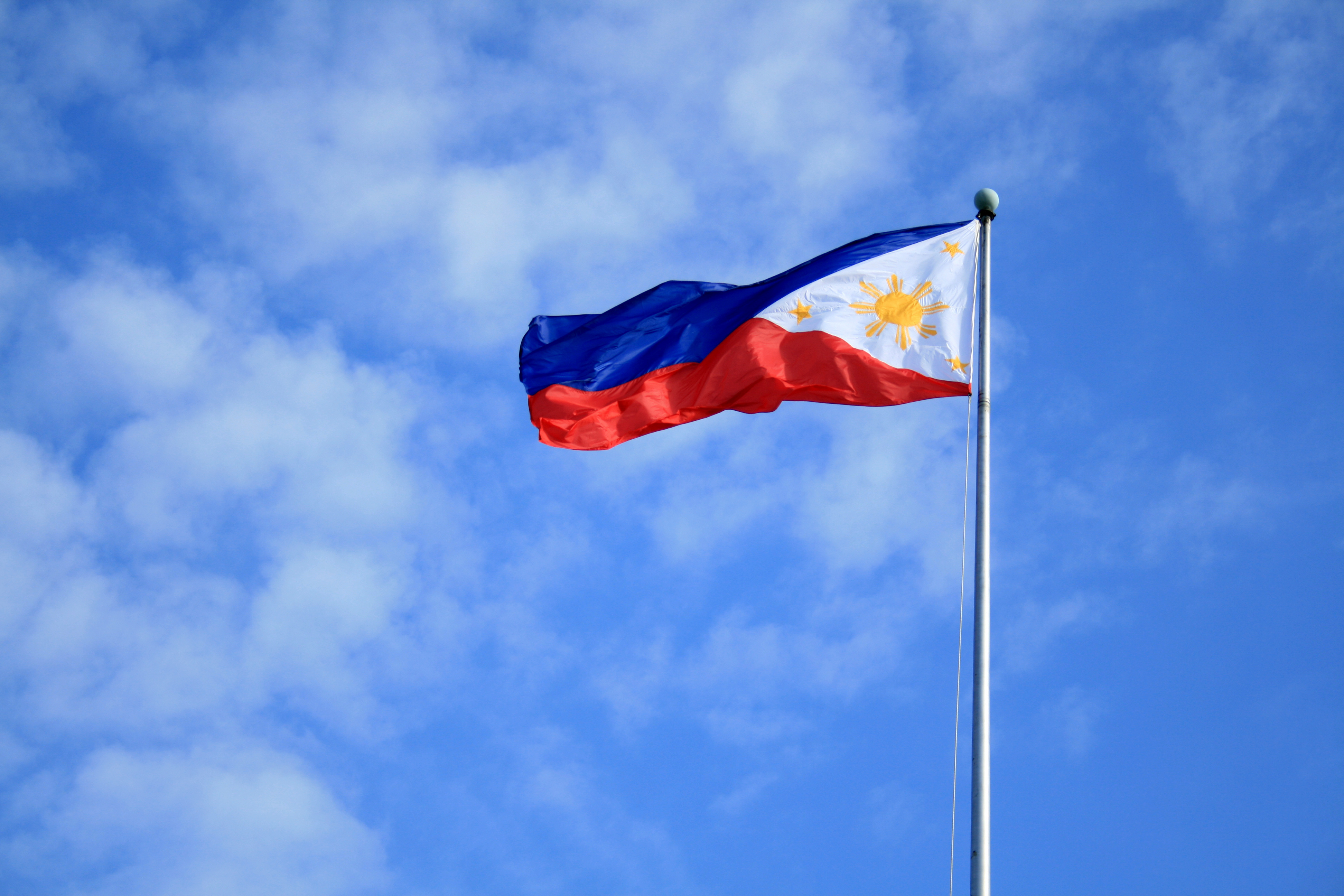
On January 27, President Marcos signed an executive order mandating all national government agencies to adopt and disseminate the plans laid out in the 2023-2028 iteration of the country’s development plan and to align their budget planning with the goals stated in the plan. The Philippine Development Plan (PDP) 2023-2028 will serve as the country’s blueprint for its economic and social transformation for the next six years and it is a commitment to reinvigorate job creation and accelerate poverty reduction. The PDP is expected to facilitate the coordination and alignment of all departments and agencies in the government to a single direction.
The 2023-2028 PDP, which was drawn up amid the lingering disruption of the global pandemic, hopes to set the Philippines towards becoming an upper-middle income country by the year 2025. It aims to bring back the country to a prosperous trajectory and more importantly, enable economic transformation for an inclusive and resilient society. The key strategies of the plan include maintaining robust macroeconomic fundamentals, upholding the vitality of the country’s health and education systems, and ensuring a whole-of-government and whole-of-society approach for policy effectiveness. To implement these strategies, six cross-cutting approaches will serve as catalysts for economic, social, institutional, and environmental transformation: digitalization, public-private partnerships, servicification, dynamic innovation ecosystems, enhanced connectivity, and greater collaboration between local and national governments.
Under the PDP, the business sector and the international community can expect the Philippine government to (i) strengthen and facilitate PPPs, trade and investments, research and development, and technology transfer, in order to upgrade the country’s energy, logistics, transportation, telecommunications, and water infrastructure, (ii) create an enabling environment for growth and investments through policies that foster openness, innovation, and digitalization, and (iii) modernize, revitalize, and reinvigorate the agriculture, industry, and services sectors. Business can benefit from lower transaction costs, a healthy regulatory environment, and protection from anti-competitive practices. President Marcos urged the diplomatic community to work with the country in achieving the PDP goals through continued partnerships and cooperation through their governments and business sectors, citing that a big part of the strategy is drawing investments in key economic sectors and translating investment pledges into actual projects. The National Economic Development Authority (NEDA) is proposing a total of PHP 15 trillion worth of projects in the areas of transportation, property development, water & sanitation, health, ICT, tourism, and solid waste management for implementation in the medium term.

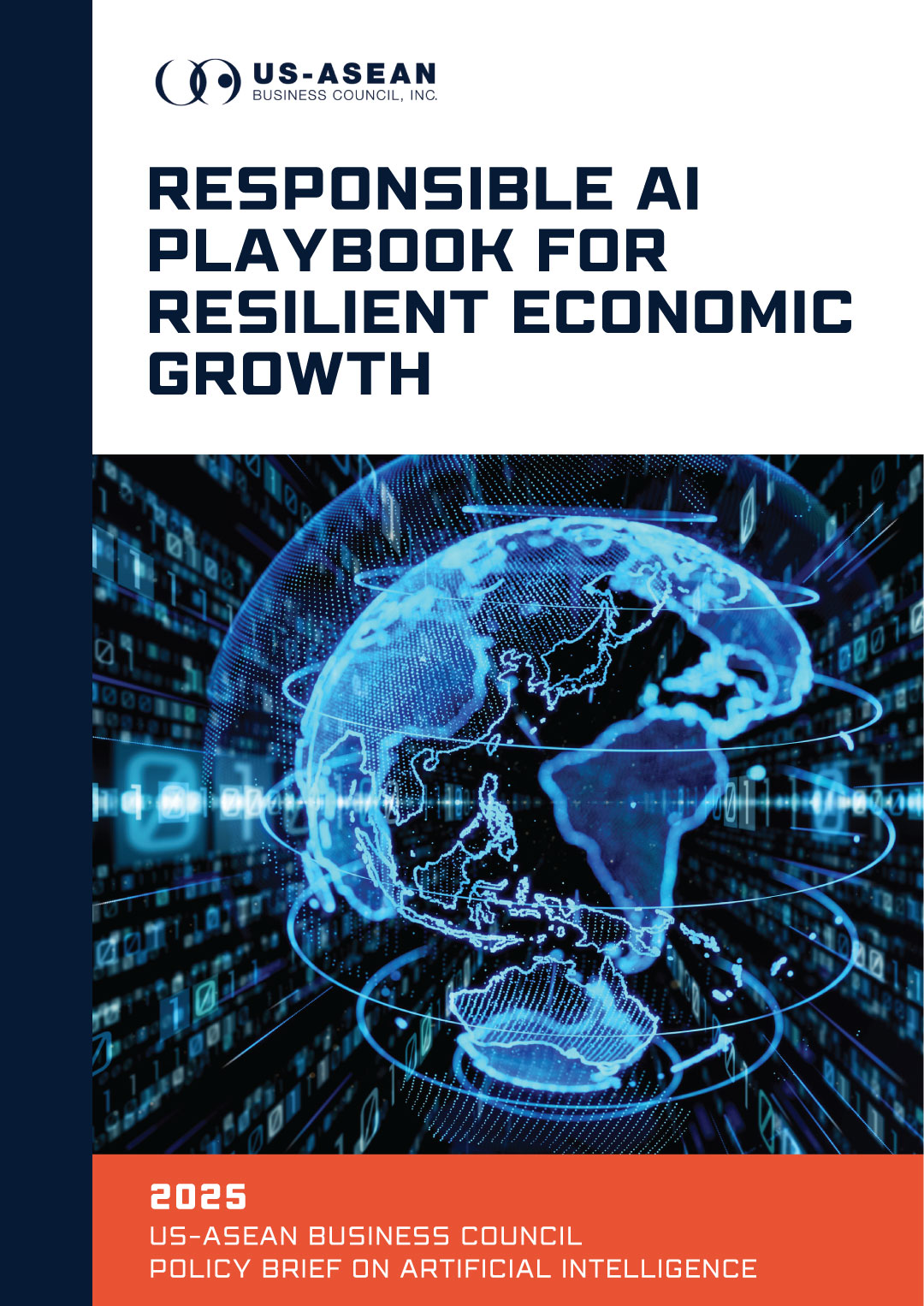
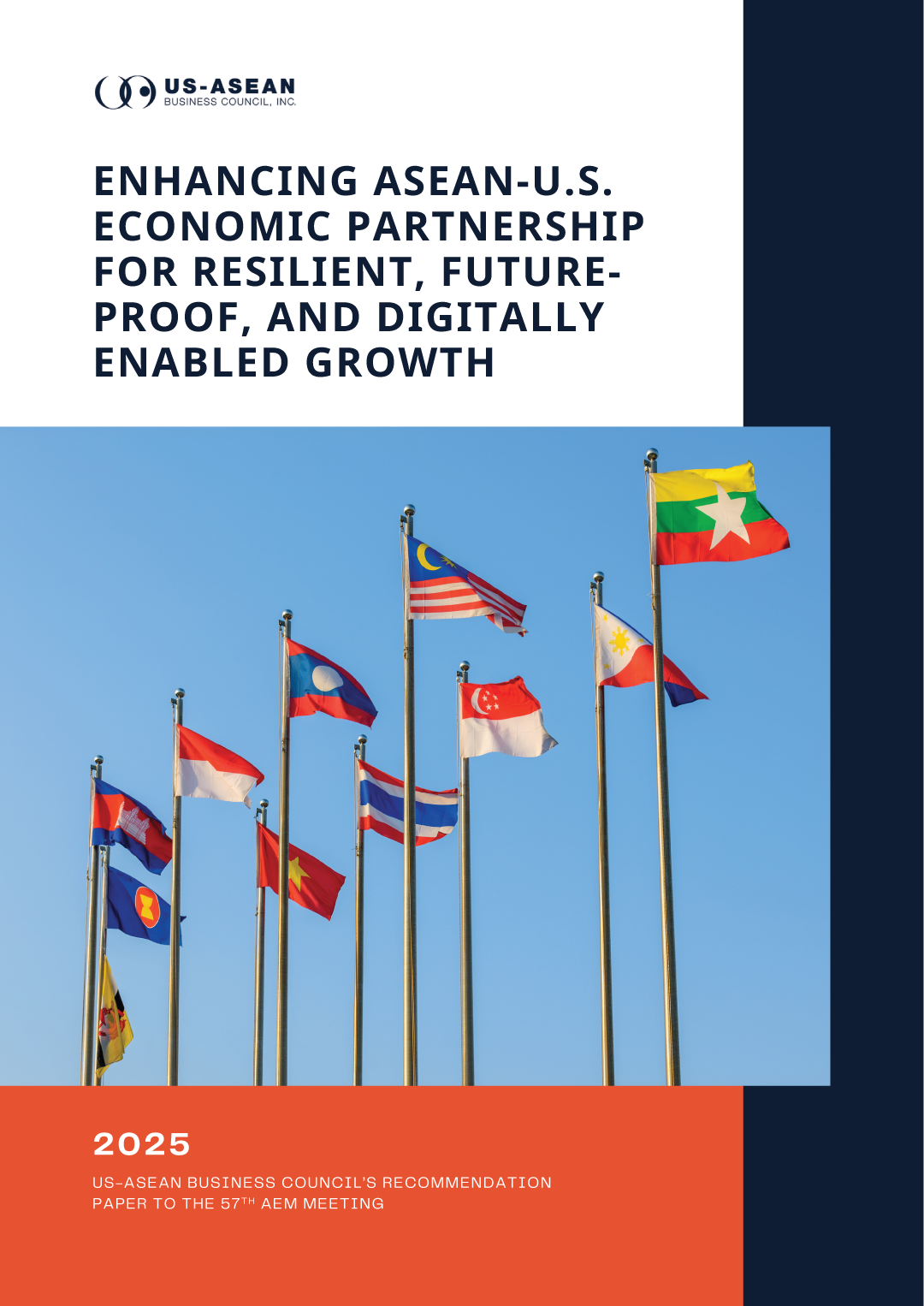
![Cover-[USABC-Final]-Driving-ASEAN-Unity-Malaysia's-Vision-for-2025](/sites/default/files/2025-07/Cover-%5BUSABC-Final%5D-Driving-ASEAN-Unity-Malaysia%27s-Vision-for-2025.jpg)
